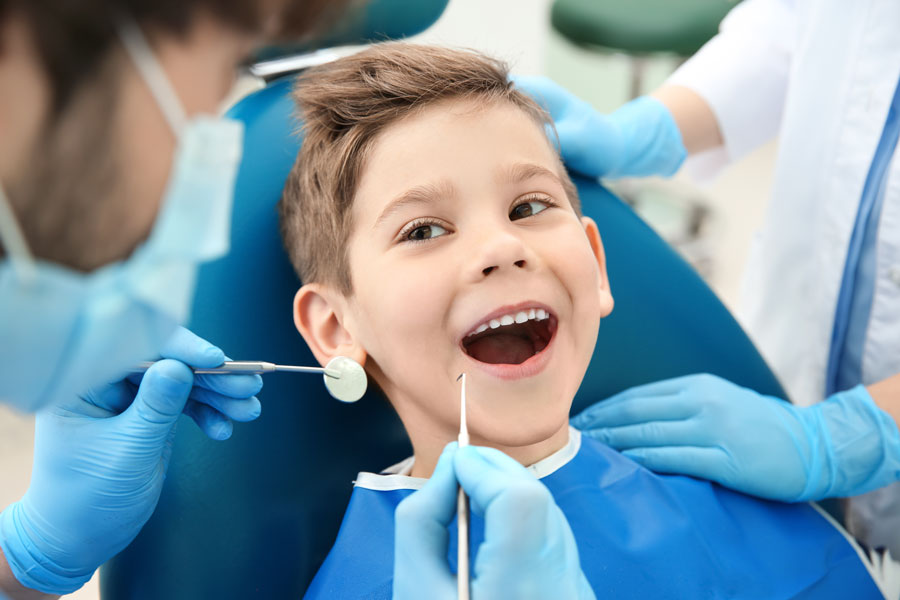
TALLAHASSEE, FL — By age five, nearly half of all children have at least one cavity, but in the last year, many kids’ regular visits to the dentist have been interrupted because of the COVID-19 pandemic.
Dr. Andrew Brown, president of the Florida Dental Association and an orthodontist, said there’s been no record of transmission between patients and dentists in a dental setting, due to many of the safety and disinfectant policies in use even when there’s not a pandemic.
“Patients should not postpone dental appointments for too long because they can lead to more complicated dental issues forming or worsening,” Brown advised.
During National Children’s Dental Health Month, dentists remind folks how important it is to keep a regular preventive care schedule, but recommend avoiding non-emergency care wherever community spread of the coronavirus is high or uncontrolled.
More information can be found at covidactnow.org.
Dr. Richard Gesker, chief dental officer for UnitedHealthcare, recommends cleaning a baby’s gums with a soft cloth in warm water, then, around age two, using a soft-bristle toothbrush and a dab of fluoride toothpaste.
When a child’s back teeth start coming in, he suggests it’s time to teach them how to floss.
“This all promotes very good gum health, avoids gingivitis, prevents cavities, and it will also instill really, oral health habits for lifelong dental health,” Gesker added.
Brown noted all of Florida’s dental practices have reopened, although they may be seeing fewer patients a day, or utilizing telehealth.
The American Dental Association estimated dental-care spending in the U.S. dropped 38% last year and could drop another 20% this year.
“Dentistry in and of itself is a very important part of oral health, which is obviously essentially a part of the individual’s overall health as well,” Brown outlined. “One can affect the other. So this is not just a dental issue in some cases, especially some of those who may be more vulnerable or have more issues to begin with.”
Centers for Disease Control and Prevention oral-health data showed racial and income disparities for children and adults, whether it be because of access to dental insurance, transportation for dental appointments, time to take off work, or fluoridated water.



Comments are closed.